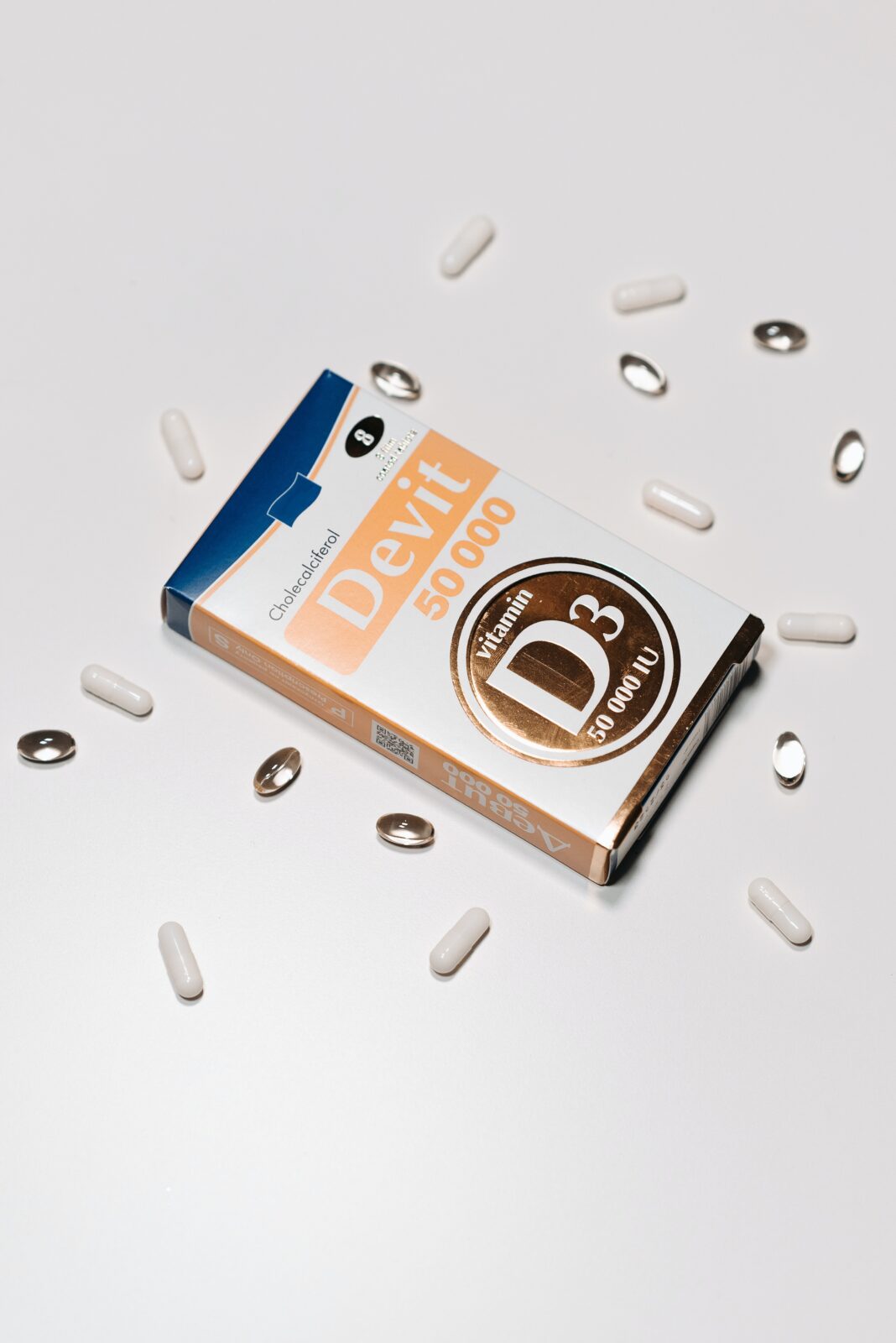A person’s vitamin D levels are related to their sex drive. This is explained by Dr. Sarah Gottfried, a specialist in functional and integrative medicine who graduated from Harvard University.
Vitamin D deficiency leads to a decrease in estrogen in women, which in turn results in low sexual desire. Lack of the vitamin also causes low testosterone in men.
This to some extent explains the greater sexual desire among people in the summer. Elevated levels of vitamin D cause human hormones, and therefore libido, to peak during the summer months. Studies show that men with sufficient vitamin D—30.0 mcg/L or more—have significantly more testosterone than men whose vitamin D levels fall below 20.0-29.9 mcg/L.
In addition to libido, testosterone and estrogen levels also affect mood. Low testosterone can be associated with depression, anxiety and irritability. Likewise, estrogen helps increase serotonin and gamma-aminobutyric acid, which are key neurotransmitters that contribute to feelings of calmness and happiness.
Vitamin D activates the genes that release dopamine and serotonin. A lack of these neurotransmitters is commonly associated with depression. This link may help explain seasonal affective disorder, which refers to depressed mood during the winter months.
Therefore, experts recommend that in winter, when a person covers his skin with thick, dense clothing, he should take additional amounts of vitamin D through supplements.
The only difference is that UV-B rays must react with cholesterol in the skin to convert to vitamin D-3 (cholecalciferol), whereas with supplementation the vitamin is already formed, so the body can skip this step. In both methods, D-3 then goes to the liver, where it is converted to 25-hydroxyvitamin D.
One does not need to live on the Equator to get enough vitamin D. One needs to take an additional amount by consulting with one’s personal physician in advance about the appropriate dosage of the vitamin.
Photo by Pavel Danilyuk: https://www.pexels.com/photo/different-medicines-placed-on-white-surface-5998499/











